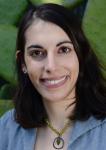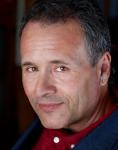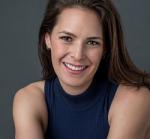It’s about the data with the SciSchmooze 8.20.18
Hi Fans of Evidence-based Science,
I don’t have a lot to say this week because I have been at a conference/birthday party. It was a party like I have never been to! Happy 60th lap Alex! I have been a bit disconnected and delayed in getting to the Schmooze this evening so I’m going to be brief and link heavy. I’m kind of wound up with astronomy stuff this week though the continuing assault on science and resistance to using good science by our elected representatives is making my skin crawl!
Often I look at science as an art form. I think art can be described as our effort to make sense of the world/universe we live in. Here’s two links that demonstrate this: While Darwin Sleeps & The majestic Earth. If you want more coolness, check out the CalAcademy Sketchfab. In case you are trying to decide what to do this week, I have a few suggestions:



